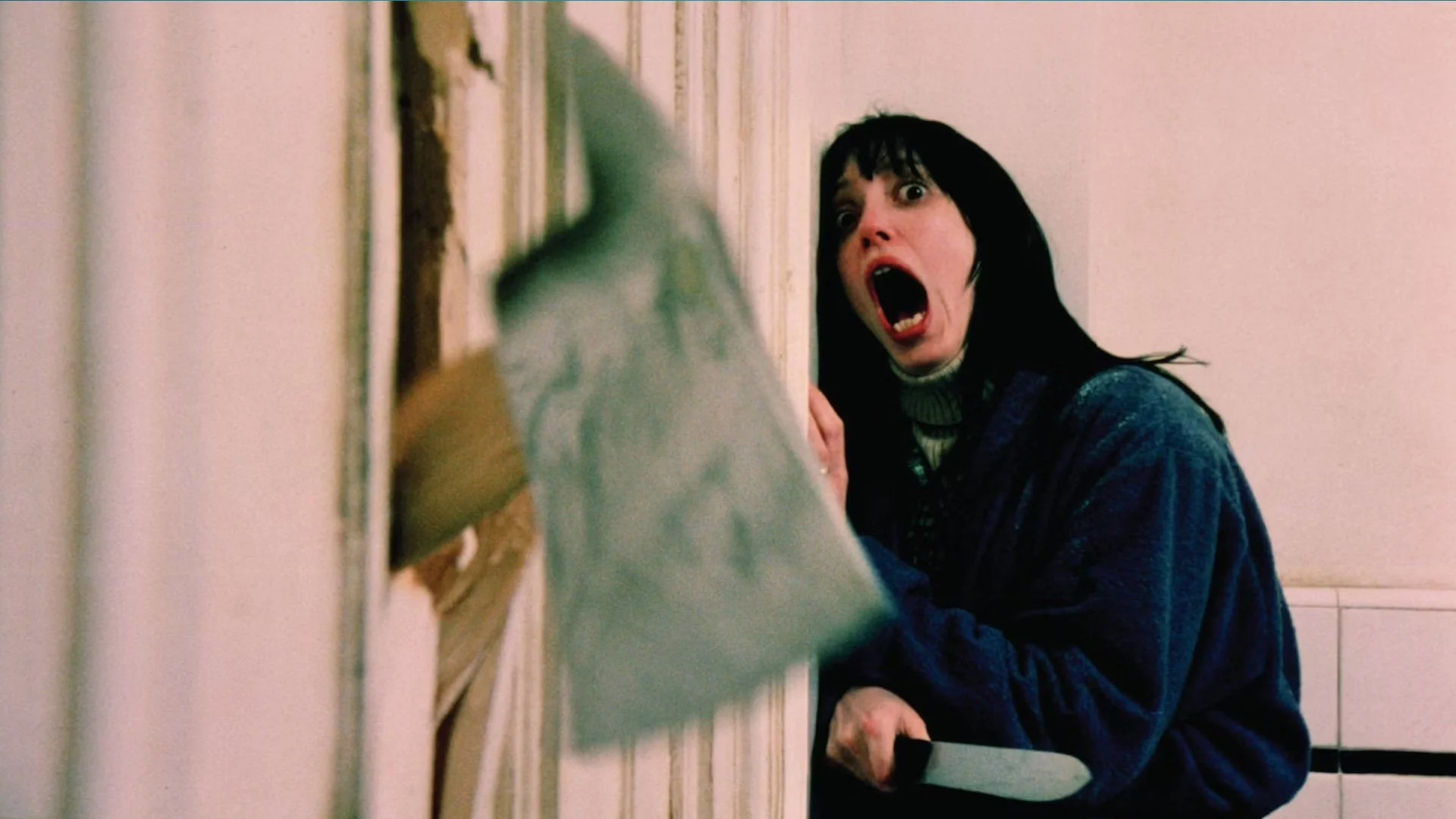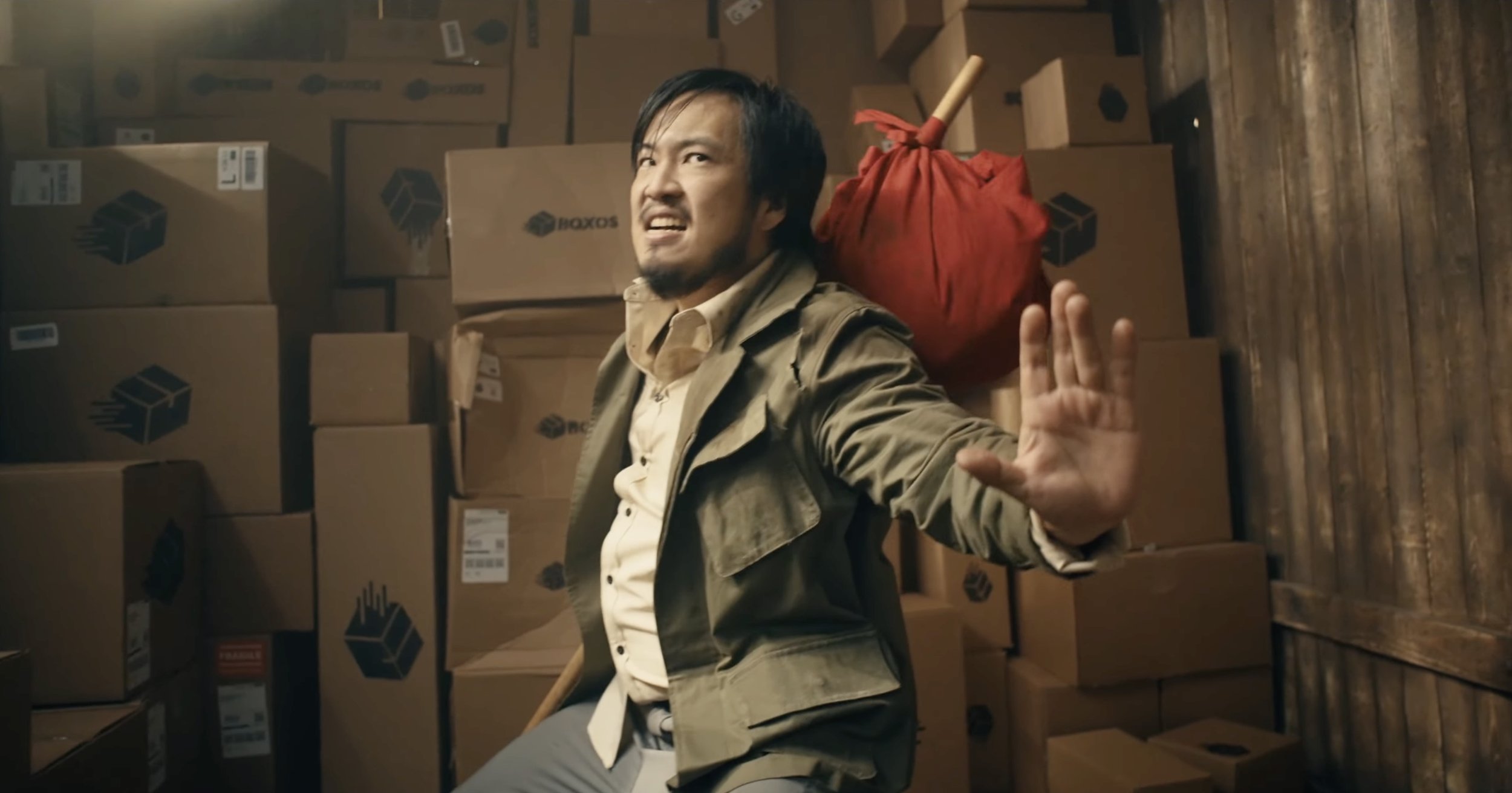Does an apologetic parent show weakness? Do you question his authority? In any case, this is what our ancestors thought, but what about today? A psychologist and general practitioner help us see things more clearly.
A break with previous generations
While it’s part of our parenting today, our parents, grandparents, and previous generations didn’t have the habit of apologizing easily to their children. How did things go?
” Before there was little room for excuses because we were in the repetition of a traditional pattern, where the child’s emotions and his uniqueness didn’t really matter. The child was expected to do as asked, not share his emotions. We didn’t perceive things with the same importance on a psycho-affective level. With the evolution of families, in particular the social changes in relation to single-parent and mixed families, the father is no longer in the position of head of the family. ” explain Marion Magdela, Doctor of Clinical Psychology.
We therefore moved away from the traditional and dusty scheme where everyone listened to and respected the “good father”, to establish a two-way respect, from the parents towards the child, and from the child towards the parents.
“Parents today have a growing interest in the well-being of their child, which leads them to respect it. Listening, empathy and respect are very conducive to a child’s good mental health” adds Marion Magdela.
For our ancestors, apologizing to one’s children could also challenge the parent’s position of authority, be a sign of weakness. For Marion Magdela, it is not.
” On the contrary, it is a beautiful opening of the heart to be able to ask for forgiveness. If the adult can apologize for making a mistake, this shows the child, through a mirror effect, that he too can take responsibility for his mistake. If, on the other hand, the child is asked to apologize while the parent does not acknowledge his mistakes, there is a risk that as an adult he will refuse authority.
There is a difference between authority and power: being attentive to one’s emotions does not mean not setting limits and accepting everything from the child. It’s listening to what he feels, not using power to be dominant-dominated by the use of violence, guilt or blackmail. With authority there is no power play, only respect for others. »
Laura Geisler, general practitioner (@lecoeurnet.info on Instagram), also, sees no sign of weakness in apologizing.
” It takes strength and humility to admit mistakes. The older generation had this idea that the parent should not show his faults or his emotions. Our generation accepts to cry in front of its child, to acknowledge that we have not controlled our words or that we have made unjust decisions. Because it is beneficial to the child’s construction. »
How to properly apologize to your child when you are wrong?
For Marion Magdela, “The hardest thing is to be aware that you are making a mistake in that moment. This requires taking a step back. You have to admit your mistake sincerely, get as close to the emotion as possible. If we have made a mistake, we feel that the situation is not fair to the child. The parent must understand what resonates with him in that moment, in order to be able to put himself in a sincere and honest position. The child will feel the intensity of the apology, he will forgive and accept it. »
Laure Geisler also acknowledges the essential nature of an apology to her son:
” As a parent, it’s important to acknowledge our wrongs and ask for forgiveness. Acknowledging that you have acted badly, or that you have spoken badly, allows the parent to demonstrate ithas the right to be wrong, and that despite everything he is a good parent. Children are built by imitating us, imitating our behavior, they must understand that we are not necessarily perfect, that we must question ourselves.
You must be sincere in your apology. But also don’t add “but” behind like ” I’m sorry, but you pissed me off because children will only remember the end of the sentence and will be in a position of guilt. However, having explanations is important for the child, you have to explain to him what you felt and why you behaved like this. But also show a willingness to change,” I will make sure it doesn’t happen again. Can you help me so that next time everything will be fine? » »
Introspection, sincerity, stepping back and questioning would therefore be the keys to successful apologies. This promotes the bond of trust between the child and the parent. But is there a risk of apologizing badly, or of apologizing excessively?
Are we not apologizing enough… or too much?
Nor is it desirable to apologize at all costs, without taking a step back, or using it as a right to repeatedly erase one’s mistakes.
” There are parents who apologize regularly, but repeat the same pattern over and over without doing any soul-searching work. This creates injustice and frustration in the child explains Marion Magdela. ” There are also parents who feel guilty and therefore apologize all the time, because they feel they have hurt their child. But we can’t do everything right, and if the child feels this parent’s guilt, he too risks feeling guilty for his mistakes. Or he will play with the parent’s guilt by taking advantage of it. »
“An apology must be made wisely, not to calm a child’s anger, it must be sincere. adds Laura Geisler. “And apologizing too much is also not good, you have to find the right balance. Someone who apologizes too much to their children can lose faith in themselves and in their role as a parent. Don’t drown in guilt and let the child take the check. “
By acknowledging your mistakes and balancing your apologies, you can build a healthy relationship with your children. As they grow older, they will more easily recognize their mistakes. For Laure Geisler, “itThis helps free speech and helps for the future. Teens will not be afraid to communicate with their parents or be judged. By apologizing to your child, you assume that you are an imperfect parent.but it doesn’t matter, let’s not lose authority, let’s make a link. »
Do you like our articles? You will love our newsletters! Sign up for free on this page.
Source: Madmoizelle
Mary Crossley is an author at “The Fashion Vibes”. She is a seasoned journalist who is dedicated to delivering the latest news to her readers. With a keen sense of what’s important, Mary covers a wide range of topics, from politics to lifestyle and everything in between.





